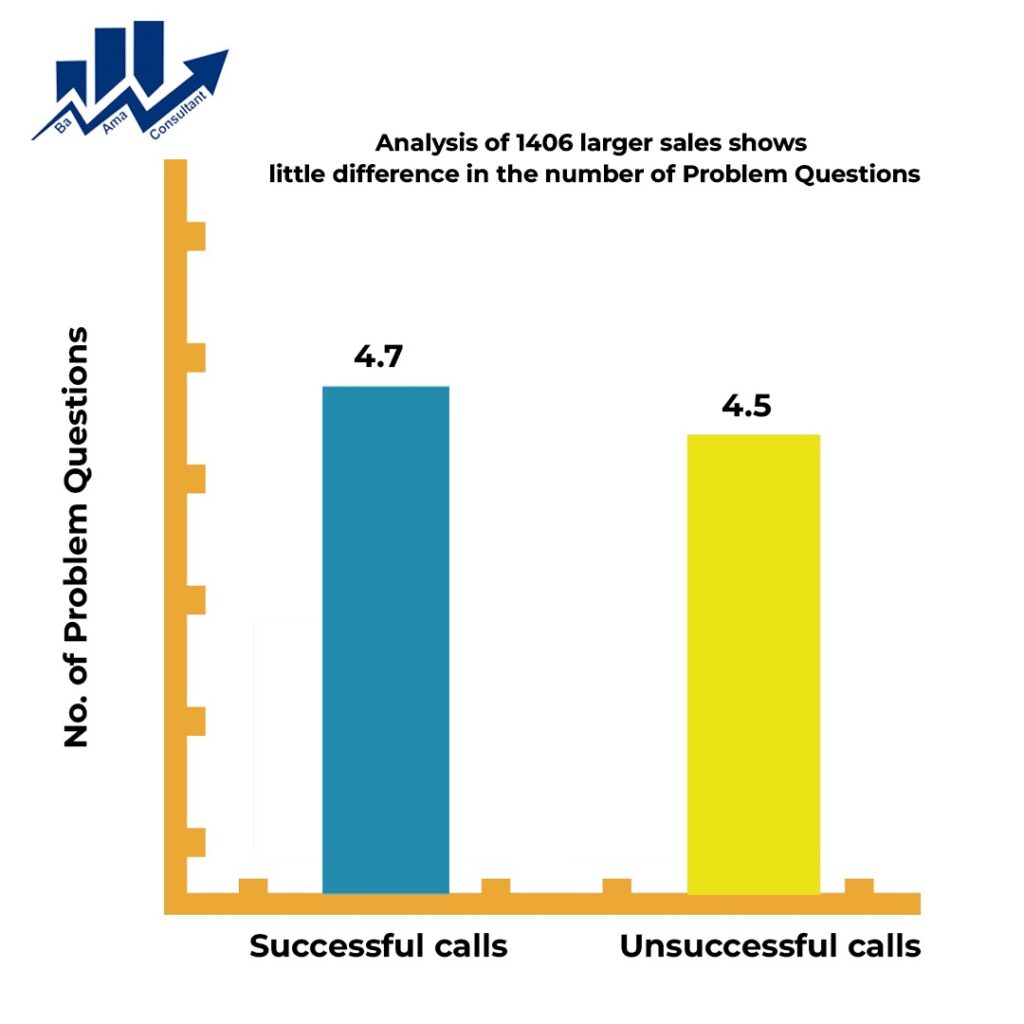In this article, we will talk about SPIN’s strategy to be a super salesman. This strategy. You can achieve ace in the sales universe with the help of the SPINs strategy where,
S = Situational questions.
P = Problem questions.
I = Implication questions.
N = Need-Payoff Questions.
We will discuss them one by one in depth. Just pick an example of a pharmaceutical company.
Situational questions:
suppose you visit a Pharmacy wholesale as a salesman and found a random person, then you probably will ask these questions:
- What is your position at this company?
- How long have you been here?
- Do you make purchasing decisions?
- What do you see as your objectives in this area?
You might also ask for some additional questions like this:
- What’s your annual sales volume of medicine?
- Is your medicine sales growing or shrinking?
- Which medicine’s generating more revenue?
- How much are expending on sales training?
Ask a few powerful questions that help you to influence buyers. What the research shows is that super salesman don’t ask unnecessary Situation Questions. They do their homework before the call and, through good pre-call planning, eliminate many of the fact-finding questions that can bore the buyer.
Tip💡: Don’t ask too many questions that may be boring.
Problem questions:
Everyone like to solve their problems with someone and this is an attractive method to become a super salesman. Asking a sales problem question is an attractive game to sell your product and services.
You should ask these types of problem questions from your buyers:
- What’s the sales problem your company facing right now?
- Are you satisfied with your medicine exporter?
A problem question is more effective and attractive than a situational question because people are more interested in problem-solving. For example, Facebook solves communication problems and made fortune without any advertisements.
So, focusing on PSP means problem-solving products.
Infographic shows the more you ask problem question, the more attention you grab from buyers.

Implication questions:
Implication means first uncovering problems and then, demonstrating solutions. If you implement implication questions you will be a super salesman.
This small example should illustrate why:
SELLER: (Situation Question): which company is your biggest medicine exporter?
BUYER: ABC Ltd.
SELLER: (Problem Question) And are they affordable to every consumer?
BUYER: (Implied Need) Not at all but, we do not have another option.
SELLER: (offering a solution) We could solve that cost problem because our company cares for everyone’s health.
BUYER: But you are cheaper than our exporter, how we can trust you?
SELLER: We are not cheap, we are affordable and problem solvers.
Implication questions demand pro-level communication skills. You just need to win the debate over buyers.
Need-Payoff Questions:
A successful salesman uses two types of questions to develop Implied Needs into Explicit Needs. First, they use Implication Questions to build up the problem so that, it grabs deep attention and turns to a second type of question to build up the value or usefulness of the solution.
You need to focus on the solution rather than the problem because it creates AHA…. Moments for buyers.
Ask these types need payoff questions:
- Do you need delivery on time?
- Do you need medicines at an affordable price?
- Do you need better customer service responses?
Ask these types of powerful questions that enhance your market share in the pharmaceutical universe.
Conclusion:
During the call, Neil Reckhman recorded how often she used the different types of SPIN questions. My results, from our first call together, were:
Situation Questions -35
Problem Questions -0
Implication Questions- 0
Need-payoff Questions -0
So, use SPIN’s questions to be a super salesman.


1 thought on “<strong>How to be a Super Salesman?</strong>”